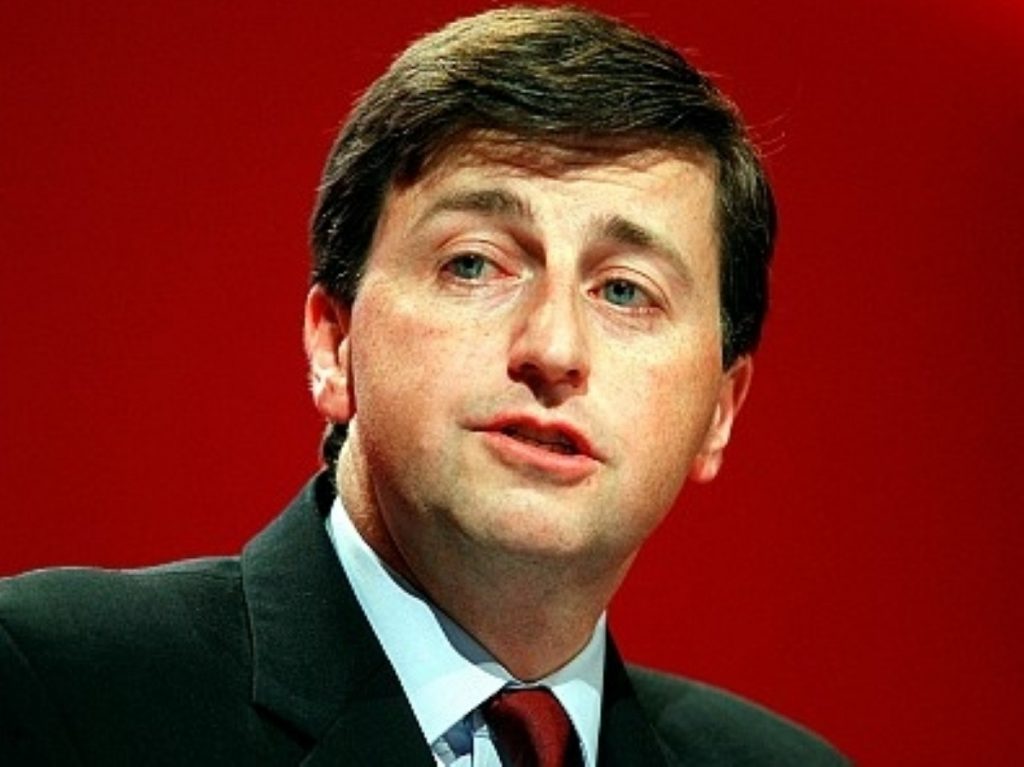Tax-and-spend troubles Alexander
Labour needs to convince voters it will not automatically raise taxation and increase spending when in power, Douglas Alexander has said.
The party’s general election campaign coordinator told a fringe event at Labour’s autumn conference in Manchester that centre-left parties across Europe needed to be “far more effective” in justifying the need to raise spending.
He emphasised the importance of “the politics of production” and being “credible” about plans for the next wave of economic growth before moving on to talk about a new kind of society.
“[We should] not indulge in the fallacy we are vulnerable to in the centre-left that voters are dessicated calculating machines who calibrate rationally the cost-benefit analysis of the relative merits of the centre-right and centre-left,” he said.
“Politics is about emotion as much as it is about rationality.”
Mr Alexander called for the need for greater “spectacle” in centre-left politics but warned Labour and other left-wing parties needed to be careful about sending signals “advertently or inadvertently”.
“I continue to be of the view that if the public believe we want to spend their money and we want to tax them more rather than in certain circumstances having to spend their money and having to tax more, that puts us at a disadvantage in winning their support,” the shadow international development secretary explained.
“That will be alongside the policy challenges I’ve set out one of the big political challenges we will face.”
Mr Alexander’s comments came on the eve of new Labour leader Ed Miliband’s first speech to the annual party conference, amid speculation about the extent to which Mr Miliband will take the party to the left or remain in the centre ground.
“My instinct tells me we are more likely to secure that consensus if in turn people trust that our instincts are not in every circumstance always to tax people more and to spend more of their money,” Mr Alexander added.
“The truth is we need to be far more pragmatic and instrumental both in the circumstances in which we tax money and spend money and far more effective in explaining the basis on which we ask them to make that contribution.”





-01.png)